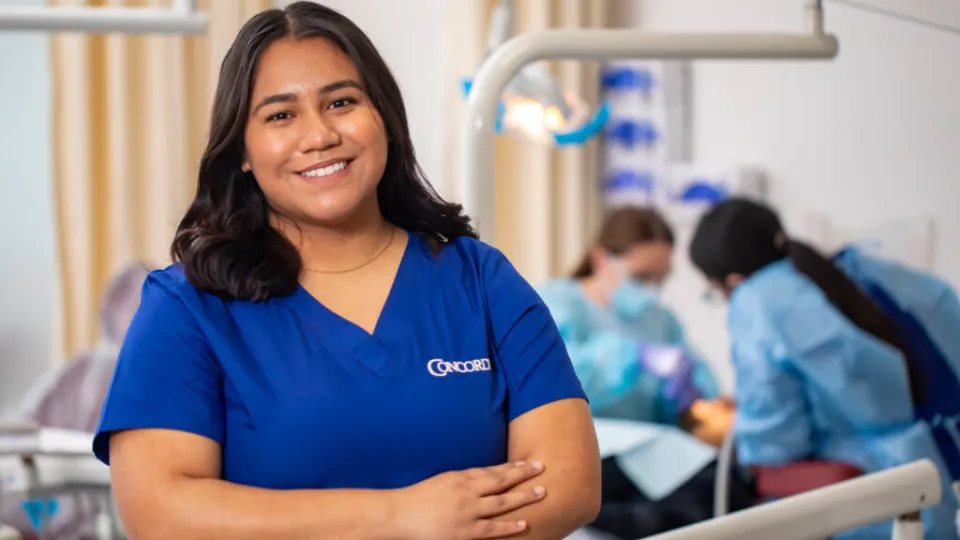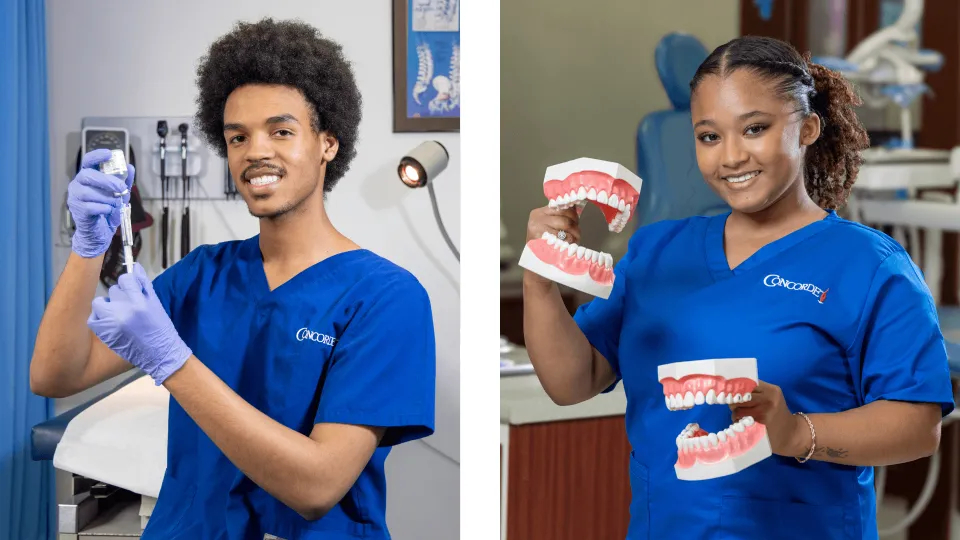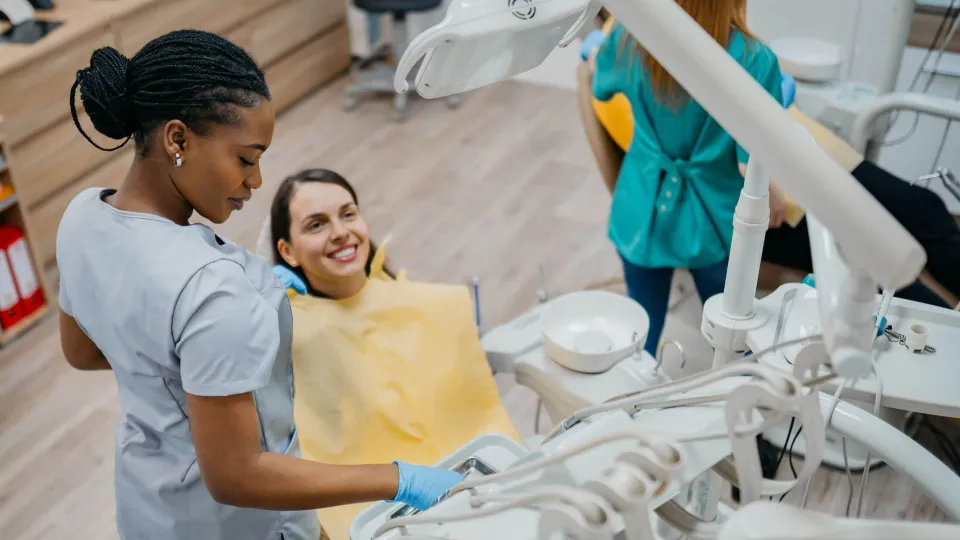
Have you ever wondered how dentists get an exact replica of your teeth? Have you ever walked in your dentist's office and seen sets of fake-looking teeth sitting on a desk? Most likely those were dental models, sometimes called casts or molds.
What is a Dental Model?
Dental models/casts are accurate, three-dimensional replicas of a patient's teeth that are made by pouring dental plaster or acrylic into impressions (imprints, or molds) of the teeth, and allowing it to harden.
Dental models are created whenever the dentist needs to study the size and relationship of the teeth, gums and dental arches. This is the case whenever the dentist is studying a patient's growth and development, or when significant dental treatment is being contemplated.
The dental cast (dental mold or dental model) is the positive reproduction of a patient's teeth and surrounding tissues obtained from a dental impression (which is a negative imprint of teeth and soft tissues).
Dentists and dental assistants often make dental models for various reasons to help assist in determining what if any work needs to be done for the patient. Dental models can be created from many different types of dental stone, metal or plastic, depending on the intended use and the durability requirements of the cast.
"Study models are taken with the intention to capture a true replica of the person's natural oral anatomy. many things in mind. From tiny muscles that attach the lip to the face, to the correct depth of the vestibule as well the teeth. It allows the dentist to view the patient's mouth not just from the frontal view but also by looking into the mouth from inside the head, which tells another story" explains Cynthia Meekins, Concorde Aurora campus Dental Assistant Program Director.
Types of Dental Models
Besides the "working cast" on which the dental restoration is manufactured, other types of casts can be constructed.
- Preliminary cast: is obtained from the preliminary impression and is used to manufacture a custom tray.
- Case study model: is obtained from the case study impression and It is used for observing various existing details prior to tooth preparation. Several study models may be constructed in various stages of the treatment.
- Didactic or documentation cast: is used for presenting various clinical cases at faculties, congresses, scientific studies, forensic documents, etc.
Why make Dental Models
"They (dental models) are very important because impressions are taken to get a better understanding of the structure of your teeth and jaws. They are also used to create your whitening trays, dentures, partials, night guards, fixed bridges, conventional dental crowns along with your orthodontic appliances", says Letitia Smith, Concorde Dallas campus Dental Assistant Program Director.
Simply put Kamika Jackson, Concorde Orlando campus Dental Assistant Program Director, "models are used for the dentist to be able to study the patient's teeth without the patient being present" and "may be used as a way to show the patient their teeth outside of their mouth as a before and after view".
There can be some rare occasions where "The Study Model is a diagnostic tool and a legal tool. In Forensic Dentistry the Study Model can help to identify those who past. Dental models can help solve a murder if the person murdered was bitten by the murder." Meekins explains.
Become a Dental Assistant
As you can see there is a lot more to those teeth sitting around the dentist's office then you would have first thought. They are one of the tools used by dentists to help correct teeth and are used for a variety of reasons.
If you have an interest in learning more about being a dental assistant or other health care programs that Concorde has to offer, reach out to our Admissions office or call us today!
Take The Next Step Towards a Brighter Future
Interested in learning more about our Dental Assistant program?
We have a Concorde representative ready to talk about what matters most to you. Get answers about start dates, curriculum, financial aid, scholarships and more!







